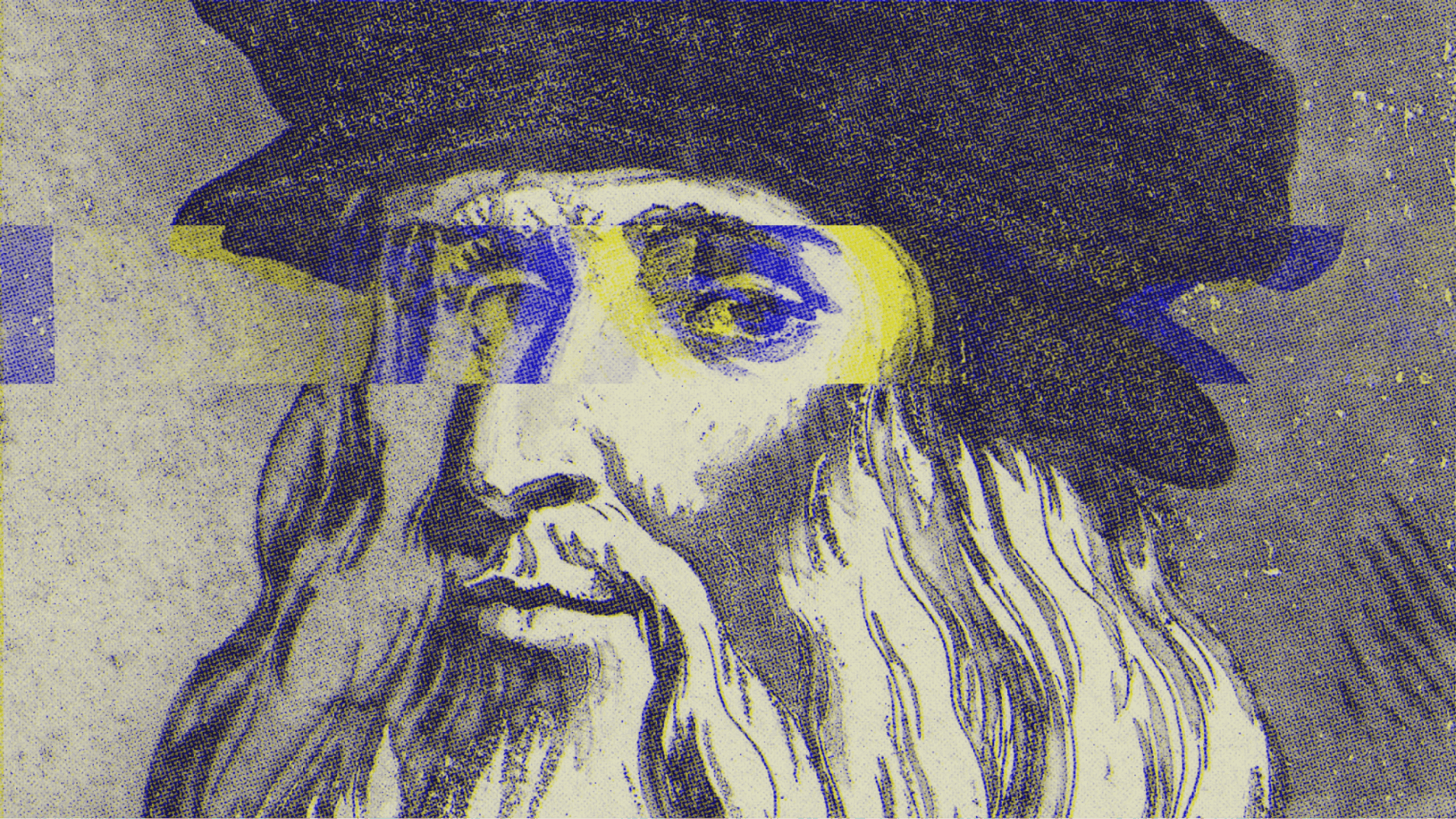Artistic Vision: EyeWriter Technology Allows Paralyzed Artist to Draw

FutureEverything last week awarded their first FutureEverything Award to The EyeWriter, a new eye-tracking technology (pictured) that allows artists to “draw” with their eyes when unable to do so with their hands. “Art is a tool of empowerment and social change, and I consider myself blessed to be able to create and use my work to promote health reform, bring awareness about ALS and help others,” says artist Tony Quan, also know as “Tempt 1,” who uses The EyeWriter to continue to create art after Amyotrophic Lateral Sclerosis, also known as Lou Gehrig’s Disease, left him unable to use his hands. This technology allows artists to create even after their bodies are unable to realize what they see in their heads and gives hope to anyone limited by some physical condition.
Nothing seems more devastating to an artist than the loss of the physical ability to practice their art. When concert pianist Paul Wittgenstein lost his right arm in battle during World War I, he thought his career was finished. Instead, Wittgenstein commissioned composers to create works to be played just with the left hand. Maurice Ravel’s Piano Concerto for the Left Hand stands as the most famous of the works Wittgenstein commissioned and inspired in his quest to transcend his limitations in the name of art.
Whereas Wittgenstein lost his arm in a flash, Quan lost his capacity to hold a pen or brush during the slow paralysis of creeping ALS, which claims the body inch by inch. Watching the EyeWriter in action is inspirational. Quan has always worked in the field of graffiti art. What would earlier artists such as Renoir, who in his final years suffered from arthritis that made painting an excruciating exercise, have done with this technology? Perhaps some individual with amazing visions locked in his or her mind but limited physically can now put those visions on paper or canvas. As sad as the prospect of such lost opportunities seems, the idea of a future in which such artists are freed boggles the mind with excitement.
Members of Free Art and Technology (FAT), OpenFrameworks, the Graffiti Research Lab, and The Ebeling Group joined forces to develop the EyeWriter and hope to make this technology as available and open as possible so that “software developers, hardware hackers, urban projection artists and ALS patients from around the world” and use “local materials and open source research to creatively connect and make eye art.” Rather than exploit this technology for personal profit, the EyeWriter creators have decided to share it with the world, making the FutureEverything prize even more richly deserved. FutureEverything sought out technology that celebrates “the creative imagination that will shape our future.” If the future means making technology available to those who need it regardless of ability to pay, then the future looks bright indeed.





